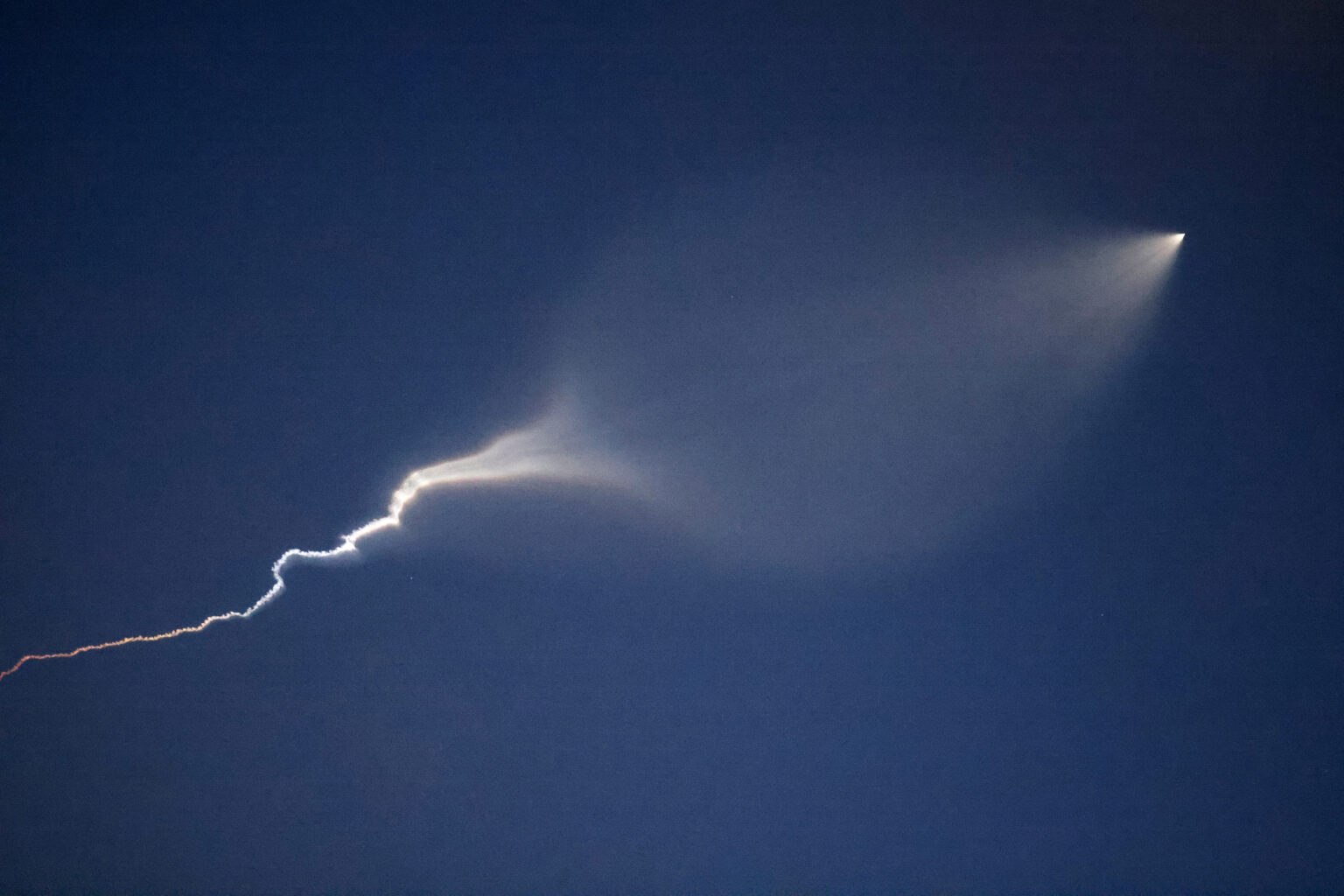President Trump Issues Stark Warning to Iran Amid Rising Tensions
In a recent statement, President Donald Trump issued a firm and uncompromising warning to Iranian leadership, demanding the complete dismantling of their nuclear program. During a press briefing on Wednesday, he emphasized that while he has not yet made a definitive decision regarding military action, the possibility of striking Iran remains on the table.
A Mysterious Approach to Potential Military Intervention
Standing on the White House South Lawn, Trump was notably reserved about his intentions, hinting that significant developments could be imminent. He remarked, “The upcoming week is going to be pivotal,” suggesting that critical decisions are forthcoming. While asserting that Iranian officials are eager to engage in negotiations, he also cautioned that Iran’s recent outreach might be too late, stating, “It’s very late to be talking now.”
When pressed about whether he plans to authorize a strike on Iran’s nuclear facilities, Trump responded with a dismissive tone, jokingly asking, “Will you strike the Iranian nuclear component, and at what exact time?” He then added that he couldn’t provide a serious answer, underscoring the uncertainty surrounding his decision.
Symbolic Acts Amid Diplomatic Tensions
The backdrop of this high-stakes moment was unexpectedly mundane: the installation of an 88-foot flagpole on the White House grounds, which Trump described as a patriotic gift to the nation. As he observed the workers preparing the flagpole, he quipped, “Would you strike it?” playfully mocking the question of military action. Addressing the workers, he joked, “Please inform us so we can be there to witness it.”
Clad in a “Make America Great Again” cap and standing in humid Washington weather, Trump reiterated his ambiguity, saying, “You don’t know whether I’ll do it or not. I might, or I might not. Nobody really knows what I’ll decide.” He then pointed out that Iran faces significant challenges and has shown interest in negotiations, though he remains skeptical about their sincerity.
A Critical Crossroads in U.S. Foreign Policy
This impromptu outdoor briefing marks a crucial juncture in Trump’s presidency. Campaigning on a platform of ending conflicts rather than initiating new ones, he initially sought diplomatic solutions to curb Iran’s nuclear ambitions during his early months in office. However, Iran’s refusal to voluntarily limit its nuclear activities has shifted the landscape, making military options appear more feasible than they have in decades.
Recent regional developments have further weakened Iran’s position. Over the past 20 months, Israel has intensified its military operations against Hamas in Gaza and targeted Hezbollah and Iranian-backed forces, significantly degrading Tehran’s regional influence and military defenses. These actions have arguably left Iran more vulnerable than at any point in recent history.
The “Ultimate Ultimatum” and Its Ambiguity
When asked by The Washington Post if he had issued an ultimatum to Iran, Trump paused thoughtfully before replying, “You could say so. They know what’s happened. Maybe you could call it the ‘ultimate ultimatum,’ right?” He declined to specify the details of this warning, adding, “I don’t want to say,” and dismissing further questions with a wave of his hand.
Later in the day, in the Oval Office, Trump explained that his considerations about striking Iran were influenced by recent missile exchanges between Iran and Israel, which he described as “devastating” from the outset. While Israel remains committed to countering Iran’s nuclear ambitions, it relies heavily on U.S. military support to reach and destroy Iran’s deeply buried underground facilities.
Diplomatic Outreach and Unconventional Engagements
Sources close to the administration reveal that Trump has been consulting a broad spectrum of advisors, including cabinet officials and influential media personalities like Mark Levin, to weigh the merits and risks of military intervention. Meanwhile, Trump expressed a surprising openness to high-level diplomacy, suggesting that Iran’s officials had contacted him to propose a meeting at the White House-an unprecedented move given the lack of formal diplomatic relations since the 1979 Iranian Revolution.
“I may host an Iranian delegation,” Trump said, hinting at a willingness to break traditional diplomatic protocols. He also mentioned plans to visit the Situation Room later that day to further deliberate on Iran’s trajectory.
Engagement with Global Leaders and Regional Dynamics
In a recent phone call, Trump recounted speaking with Russian President Vladimir Putin, who reportedly offered to mediate the Iran-Israel conflict. Trump responded humorously, saying, “Vladimir, you can mediate your own conflicts first-like Russia’s war in Ukraine-then worry about Iran later,” highlighting the complex web of international tensions.
On Capitol Hill, Defense Secretary Pete Hegseth testified that the Pentagon has prepared contingency plans for potential military strikes on Iran’s nuclear sites. Meanwhile, Trump criticized Israeli Prime Minister Benjamin Netanyahu, claiming he has been “treated very unfairly” and that Israel’s patience with Iran has “already run out.”
Uncertain Path Forward
Despite the mounting pressure and regional instability, Trump remains non-committal about whether he will proceed with military action. “Nothing’s finalized until it’s finalized,” he stated, emphasizing the unpredictable nature of war. “War is complicated, and many unforeseen events can alter the course of action,” he added. “While we’ve made significant progress, nothing is certain yet.”
As the situation continues to evolve, the world watches closely, aware that decisions made in the coming days could have profound implications for regional stability and global security.

